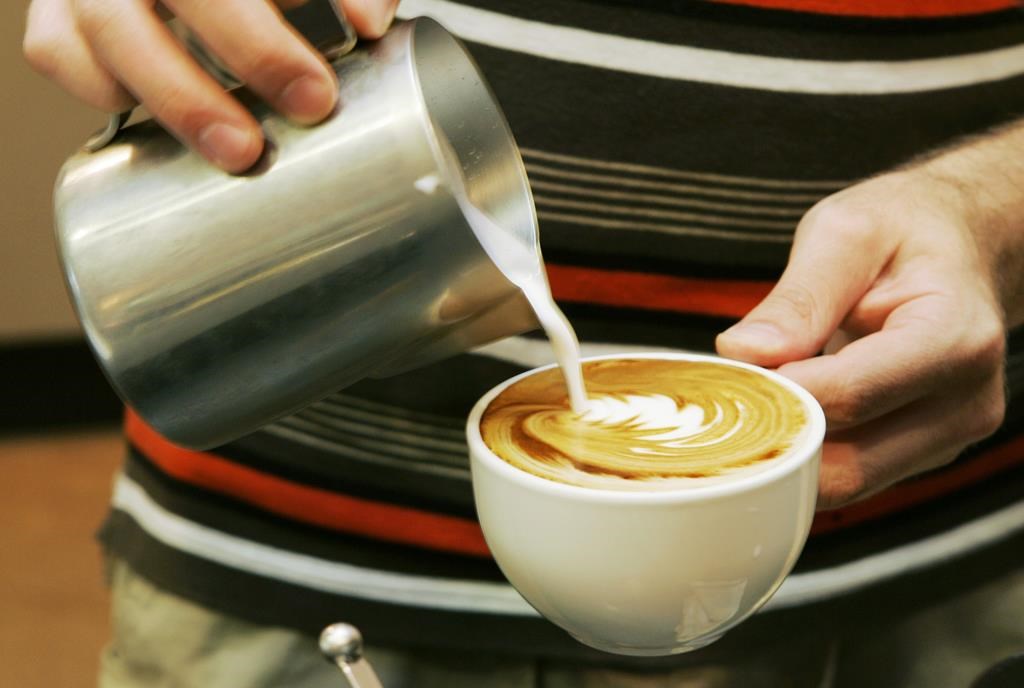The recent recall of certain energy drinks in Canada has put people’s love affair with caffeine back in the spotlight.

The stimulant can be found in coffee and tea, as well as certain soft drinks, and even chocolate.
David Ma, a professor in the Human Health and Nutritional Sciences Department at the University of Guelph, said while caffeine has been around for centuries, the amount being consumed per serving is what’s causing countries like Canada to sound the alarm.
“You’re probably going to be a little more anxious, your heart might be a little bit faster,” said Ma. “The concern is when there is excessive consumption of caffeine, these symptoms are that much stronger and could lead to dizziness, chest pains, and convulsions.”
Health Canada recommends adults consume no more than 400 mg of caffeine a day. In youth and children, they suggest no more than 2.5 mg for every kg of body weight.
One of the energy drinks being recalled over its ‘excessive’ caffeine content is Prime Energy. Its co-creator, pro wrestler and YouTube star Logan Paul, went on social media to say that “they don’t even distribute Prime in Canada” despite it being sold in a number of stores in Ontario and other provinces.
A spokesperson with the Canadian Food Inspection Agency told Global News that they are “aware that some stores in Canada may be selling Prime Energy without approval.”
Some energy drinks like Prime contain more caffeine (up to 200 mg per serving) than what Health Canada regulations allows (maximum 180 mg per serving).
“Soft drinks have somewhere in the neighbourhood of 30 to 50 mg,” said Ma. “Prime has four times the caffeine of soft drinks, and roughly twice the amount in a cup of coffee.”
Coffee is one of the more widely-consumed caffeinated beverages around the world. There is a coffee shop or a restaurant that serves coffee on just about every street corner of every town, whether it be a mom and pop store or a bigger outlet like Tim Horton’s and Starbucks.
Ma believes it’s that instant jolt that caffeine brings is one of the reasons why people continue to drink coffee and other caffeinated beverages.
“Every morning I enjoy a cup of coffee. It instantly brightens me up and it helps me get going in the day,” Ma said. “With students wanting to be awake like studying for exams, it can be helpful as well. Others simply enjoy the taste of coffee.”
Ma also thinks marketing is another reason caffeinated drinks are gaining popularity, especially among teens and young adults.
“They see it advertised on social media and other channels and platforms. They think it is very exciting and cool. But unbeknownst to them, they overconsume and they potentially end up in the emergency room.”
— with files from Sean Previl





Comments